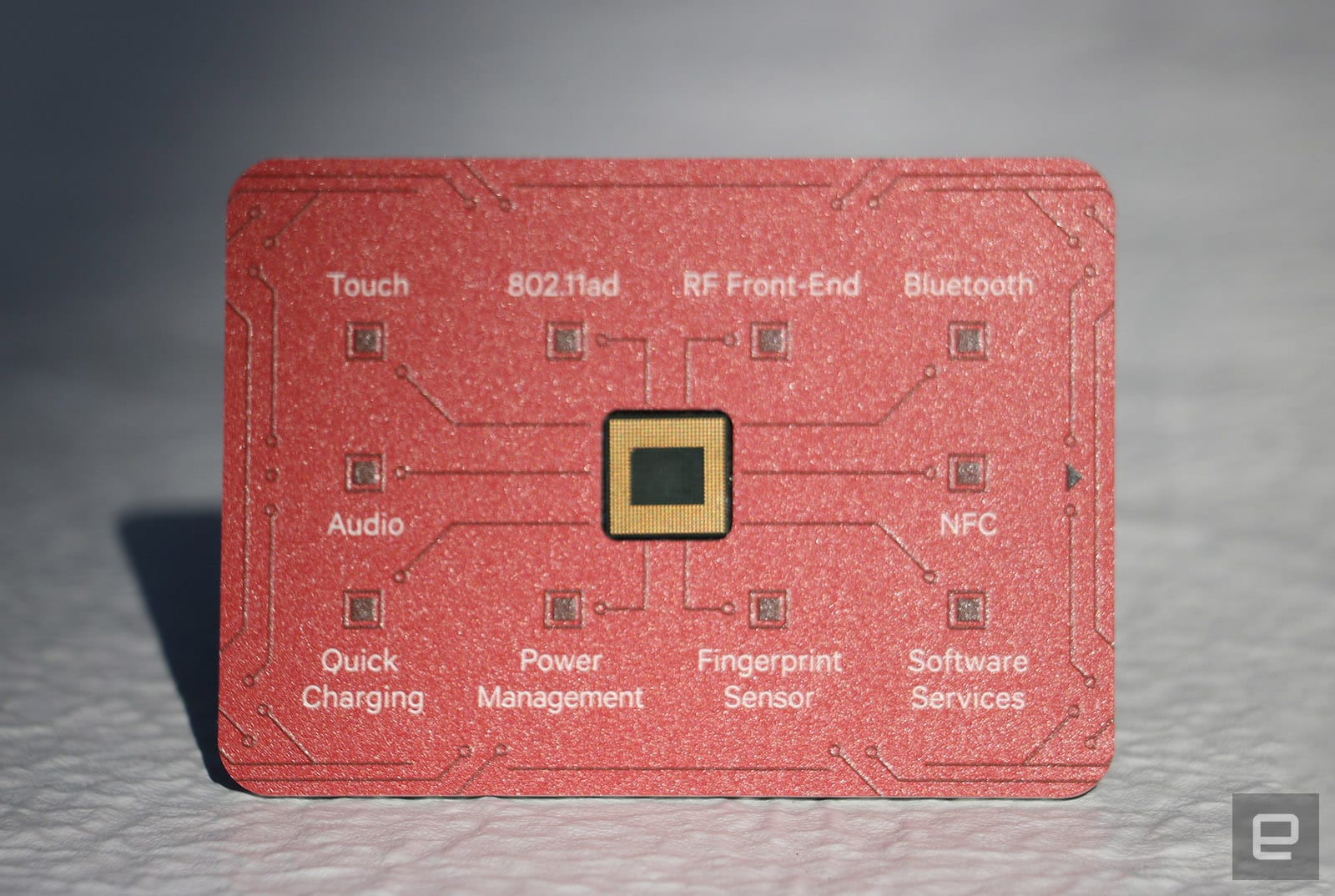
Qualcomm recently let journalists benchmark the upcoming Snapdragon 845 on its own reference smartphone, and the results look promising for the Galaxy S9 and other new devices. On the one hand, CPU improvements were merely incremental, despite a switch to new ARM Cortex designs. On the other, Qualcomm’s new Adreno 630 GPU performed impressively, especially considering the power draw, putting rivals like Samsung and Huawei on notice. “There is need for more radical change to keep up with Qualcomm,” said Anandtech.
The Adreno 630 provides a one-two-three punch for the Snapdragon 845, offering 30 percent better performance and 2.5 times faster display output, all with 30 percent estimated power reduction. While no one was able to test the power draw, the chip pretty much smoked all rivals on most benchmarks. “Qualcomm current generations of SoCs are simply unmatched and the gap is so wide that I do not expect upcoming rival solutions to be able to catch up this year,” Anandtech said.
The one phone that did best it in a couple of graphics tests from GFXBench was Apple’s iPhone X. And when it comes to an overall score, the iPhone X with its A11 Bionic processor still blow away the Snapdragon 845 by a good 15 percent on Geekbench’s tests, Tech Advisor noted. It did gain a slight edge over its the iPhone X on Antutu’s combined tests, however. On the Android side, however, Qualcomm’s new chip is over 20 percent faster than its rivals.

The mixed results show there’s more to performance than benchmarks. Another component of the Snapdragon 845 is the new X20 cellular modem, which can handle 1.2 Gbps speeds, a boon to users lucky enough to have Gigabit LTE. It’s also got other new components like 802.11ad WiFi, quick charging and a fingerprint sensor. The way handset makers implement all those features will be key to a smartphone’s performance and user experience.
We’ll soon know more about that part. Samsung is schedule to unveil its Galaxy S9 flagship on February 25th, and a host of models from rivals like LG, Moto, Nokia, LG and Google should arrive soon after. At that point, you’ll see the benchmarks that matter a lot more than Qualcomm’s.
Source: XDA Developers, Android Police




